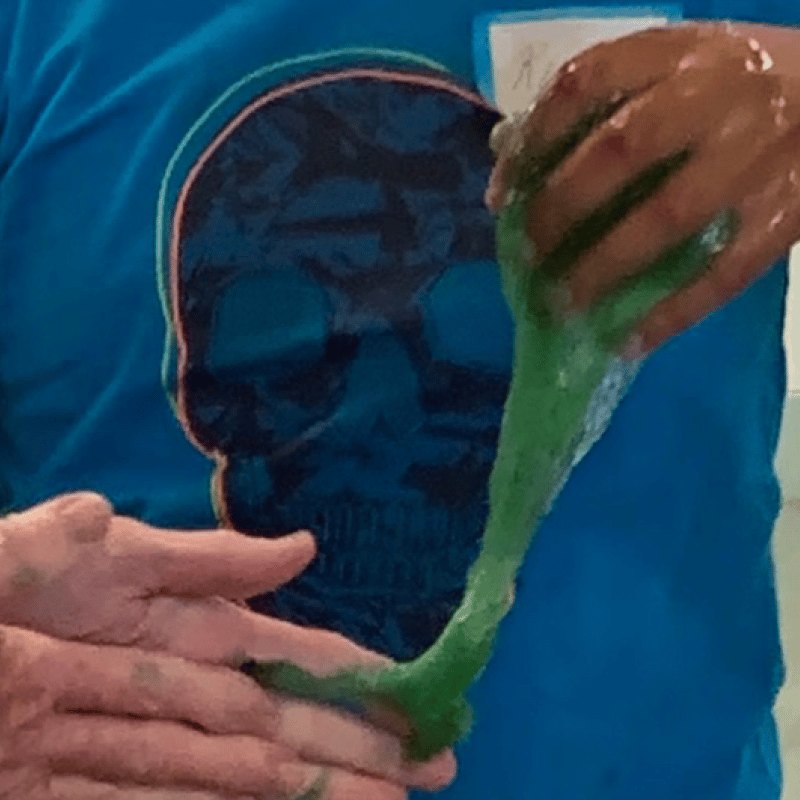
Parenting a person with FASD is a journey of discovering more about yourself and more about them and the condition. Each day and each stage may have ups and downs. But it is possible for people with FASD to have bright futures. It is possible for things to stabilise even if you are on rocky ground and the future seems uncertain. The way forward starts with understanding the underlying brain-based issues.
Those parenting loved ones with FASD need the facts. Information is power. Check out the other parts of this website with information on how to seek diagnosis and assessments. Even if the personal already has a diagnosis, every person with FASD might benefit from a neurodevelopmental (or neuropsychological) assessment, a thorough speech and language assessment, and a sensory integration assessment by an occupational therapist. Sometimes it’s often helpful to have at least the neurodevelopmental assessment re-done as they transition into adulthood. These assessments should open the door to services, benefits, support and respite that will be key for the parenting experience. FASD is a neurodevelopmental disability and those with FASD and their families deserve support. This is true even if the person does not technically have a learning disability (an IQ under 70). As a caregiver to someone with a disability you have rights too.
One of the most important parenting tips is to slow everything down. Slow down your own words, your own reactions, your own fears, the daily schedule. Understand that the way someone with FASD processes information is different. They need more time to process. The more escalated they are, the more important this is.
Stop saying words like ‘no’ and ‘don’t’ – negative words can often trigger a strong defensive reaction. There is almost always another way to say things. Instead of “Stop doing that,” say, “Let’s do it this way together.”
Young people with FASD have ‘spikey’ profiles. This means they don’t develop on that gentle curve that we imagine for our loved ones, or that schools expect. While they may be advanced in some areas like sports, or music, or expressive language – they may be functioning socially or emotionally at a much younger age. The rule of thumb is to halve their chronological age. They need you to parent them at that level. It is not ‘babying’ them, it is providing the support and scaffolding they need. This becomes especially important as they become teenagers. A 16-year old entering college may need the level of supervision of an 8-year old. They may not understand all the social pressures and need you to hold them closer than you think.
Every person with FASD has strengths and interests. The key is to build on those strengths and celebrate what makes your loved one shine. Helping them feel positive is important.
It’s as important to focus on times when things are going well as it is to focus on the challenging times. Agreeing on coping strategies, working together with your loved one, is an important step. Practice, practice, practice! And model positive behaviours.
We all get triggered at times, but try when you can to ‘be the calm in the storm’. When your loved one’s voice goes up, lower your own. In the middle of it all is not the time to talk about what went wrong or to threaten punishment. Speak slowly, offer reassurance that they will be okay and explain what you want your loved one to do in positive terms.
Safety always comes first. If you need assistance, call local support or emergency services.
People with FASD have a wonderful ability to ‘re-set’ after a blowout. Sometimes even faster than those around them. It’s a real superpower, it doesn’t mean they don’t care about what just happened. It means their brain has re-set and is ready to move forward.
There are lots of ways they can help, once they understand the FASD diagnosis and its implications. If any medications are involved, be sure they conduct regular reviews. For example, reactions to some ADHD medications may change over time and can lead to escalated rebound affects. You can ask for a ‘team around the child’ meeting if you think the professionals at school and in health services need to share information.
Your loved one needs you to advocate for them in every setting. We have created a booklet to help you do that. (Instructions are here.) This fillable PDF booklet can be personalised and saved – it serves as a valuable tool for parents and carers to individually tailor with information about their young person, enabling professionals to gain a deeper understanding of the child and their diagnosis.
by Foster Carers Sue and Tony Sharp
